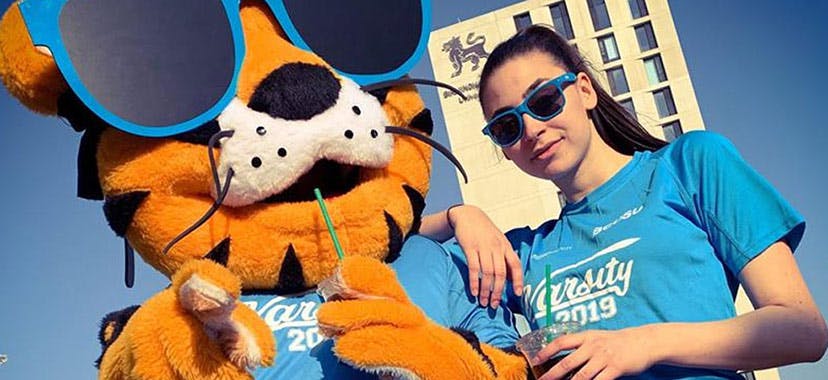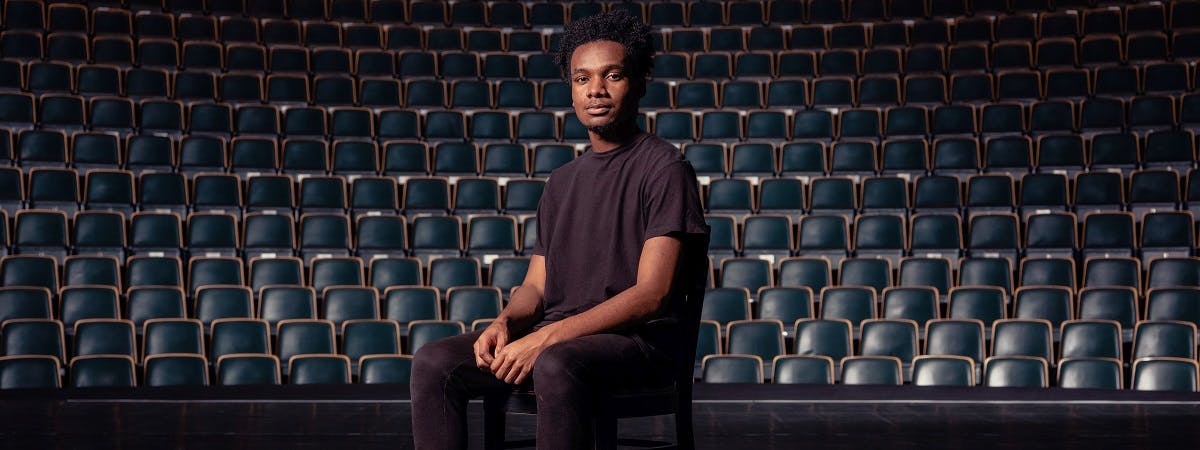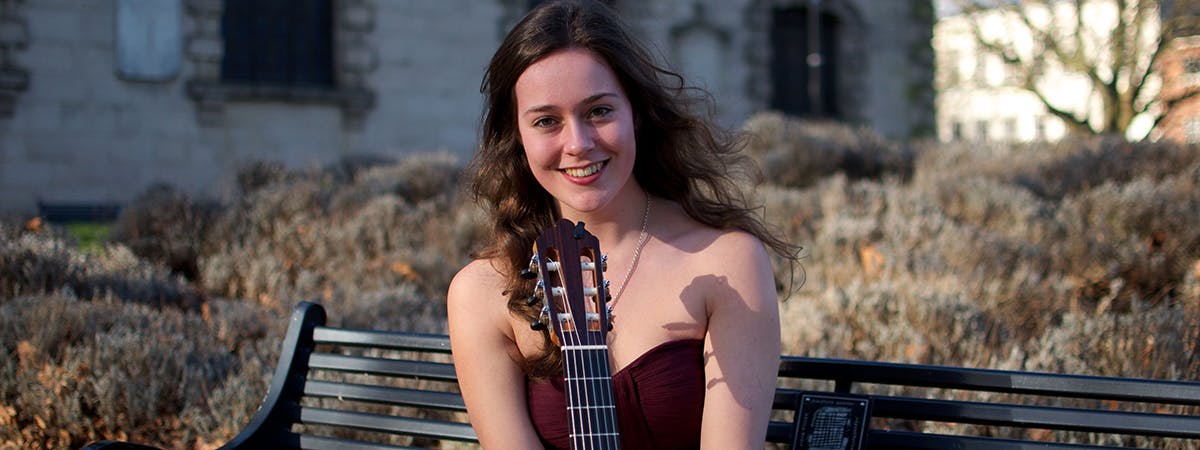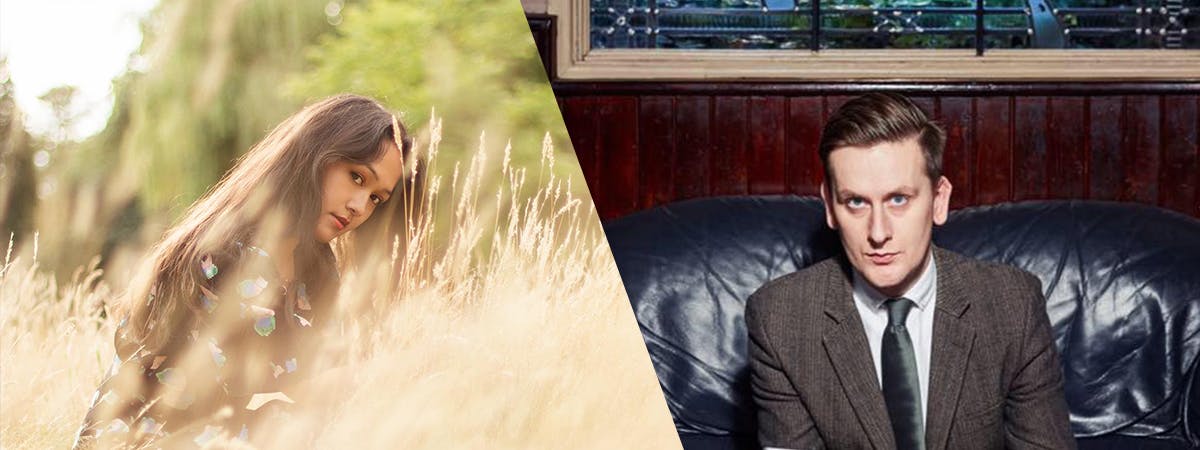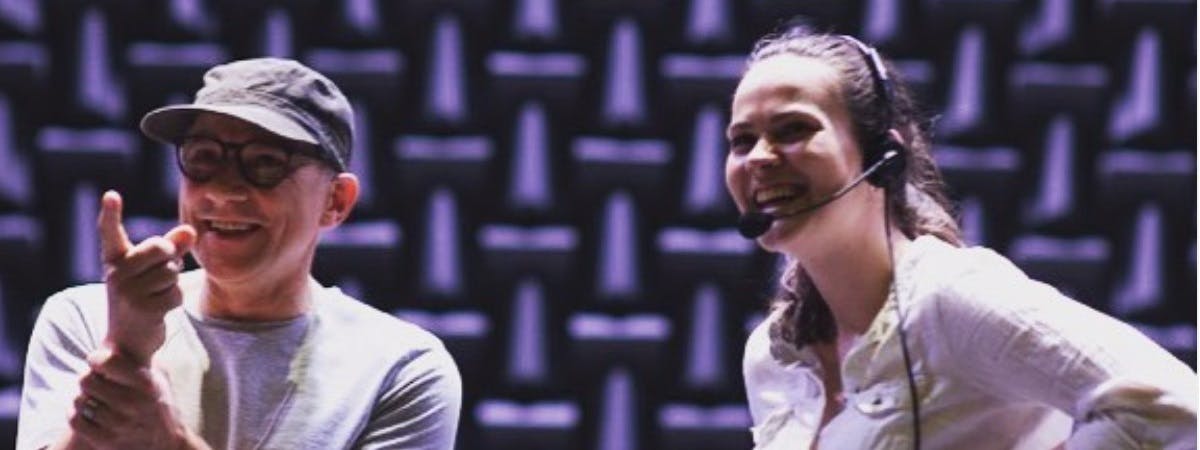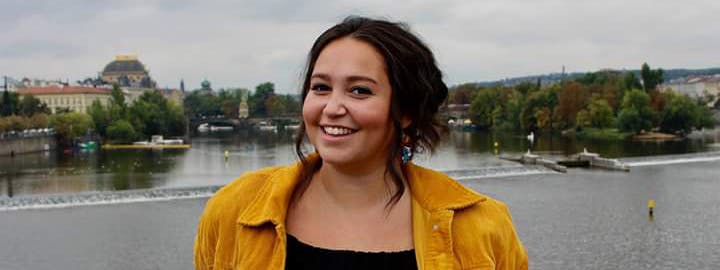Conservatoire students are very dedicated; practise, study and performance takes up a lot of time. However it’s also important to have some time away from music, and many RBC students have hobbies outside of their studies that help them relax and unwind – some of which you might find surprising!
 Emily Abdy
Emily Abdy
MMus Composition student
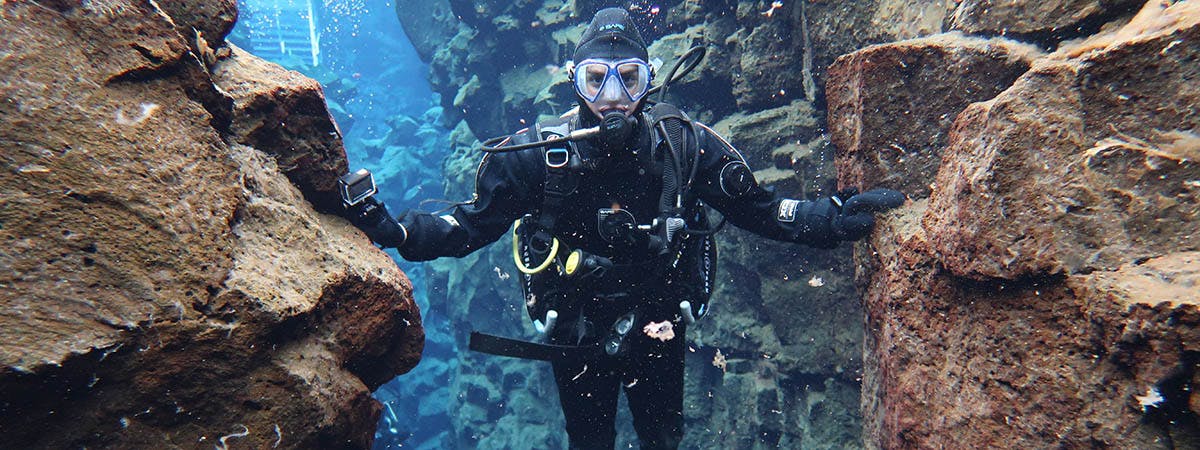
Joshua Dowling – music technologist and runner
How did you get into running?
I began running when I was 13. It was my dad who encouraged me to take it up, he had run several marathons. He signed me up to a local 5k race, organised by a local athletics club, and we trained together running various routes around the woods. The sense of achievement I got from the race drove me to join the club. Before joining there were try outs for the London mini-marathon Bromley team which I entered and made the top 10, and from then on I trained Tuesdays and Thursdays at the local track. Now I travel back home to London each week and I can run with my home club and also do Parkruns at the weekend.
What do you most enjoy about running?
Starting a day with a morning run sets up the day nicely, afterwards I get the feeling like I can take on any challenges as I've already done the hardest thing of the day: getting out of bed early and putting on my running shoes. One of the other things I like about running is that there is always room for improvement – once you reach one goal you move on to the next.
How does running relate to your musical interests?
If I'm stuck, or hit a writer’s block (when composing or writing an essay) my first thought is often to go for a run and when I come back to work I feel fresh and am able to continue with new ideas. I would definitely recommend as a musician taking up a hobby outside of music, and sport of fitness also helps you to stay physical healthy and mentally strong.
Stefano Rossi – conductor, cyclist and pilot
What do you like about cycling?
Cycling is one of my favourite hobbies because it involves travelling in a very green way without polluting the environment. I started to do it for pleasure and now it’s my main transport, when I go to the Conservatoire or pick up my groceries.
How did you get into piloting?
Piloting is a long story. It started with a love for trains and became a true obsession with planes. I still haven’t got my personal pilot sport license for lightweight planes, but hopefully I will have it in a few years!
Do either of these hobbies relate to your conducting studies?
Piloting probably relates to my conducting skills. In a way, control of a big transportation vehicle mirrors what it’s like conducting an orchestra.
Josef Feiven – French horn player and ski racer
How do you get into ski racing whilst living in a country not exactly renowned for its snowy weather?
I ski race to a national level, travelling all across the country to compete at events. The type of racing in the UK is slalom, so it is a technical discipline with relatively slow speeds of 20-40 km/h. Ski racing is not widely associated with England because we rarely have snow, but we race on dry slopes, which are carpets of plastic bristles which simulate snow. We also race on artificial man-made snow in indoor domes, like Chill Factore or Snow Dome. I train three nights a week, as well as coaching on others.
What do you enjoy about it?
I have always been really sporty, previously competing in cycling to a national level. Skiing gives me the chance to forget about other things. It also gives me plenty of chances to travel the world. Recently I went on a fully paid trip to Italy and I am going out to Holland, to train at one of the top indoor slopes for free. Plus, I receive a fee for going!
Do you find ski racing relates to music?
I think there are a lot of similarities. In ski racing you cannot ski the race course before the race. This means you have to inspect and visualise how you are going to ski it, just as we might visualise a performance of music before a concert.
Rob Roberts – composer and scuba diver
What does scuba diving involve?
I go scuba diving in the West Midlands at Dosthill Quarry and also travel internationally to places such as Grand Cayman. You have to learn to gear up, making sure all your kit is set up and working, so you can talk with your dive buddy – never dive alone – and decide where to go and what to see. Diving involves the skill of communicating without talking. You then have post-dive chats and some hot food.
What do you like about diving?
My favourite thing about it is the total freedom and rarity, being completely free floating with only the sound of your breathing and moving effortlessly. You get to see what less than 8 per cent of the world has experienced.
How is it beneficial whilst you are studying music?
It gives me new experiences and a new sound world to understand. I take these experiences and use them in music both abstractly as an idea or more literally. I once played trombone 18 metres underwater and was planning to curate an entirely underwater concert.
